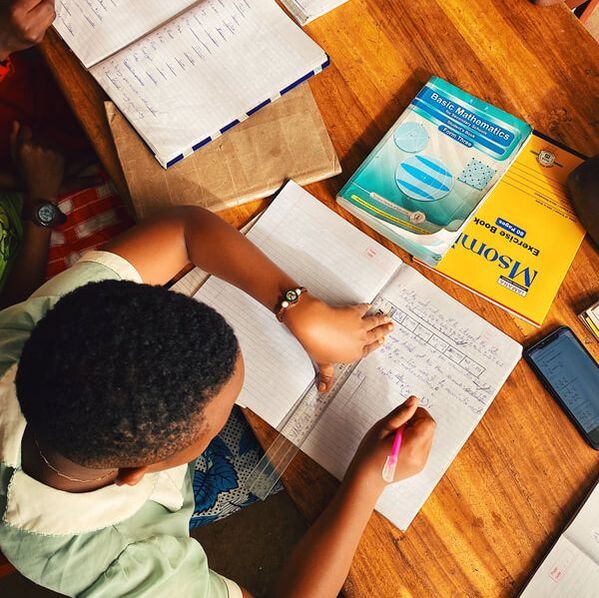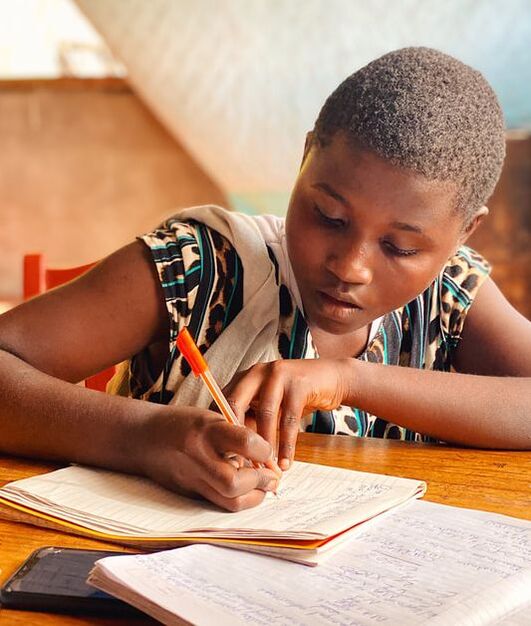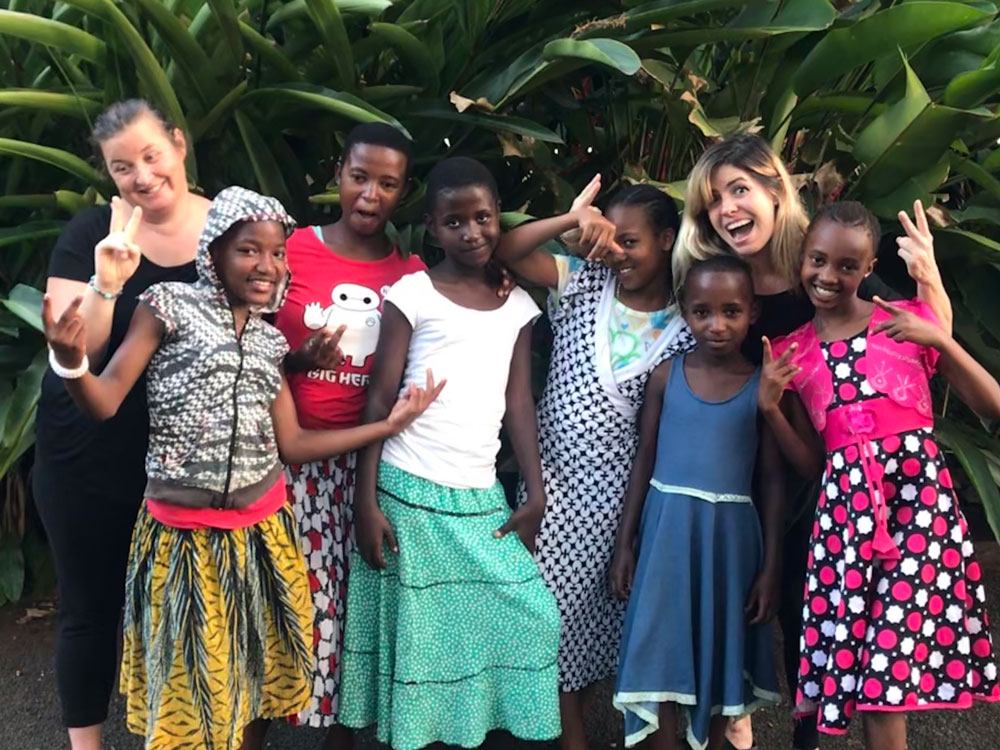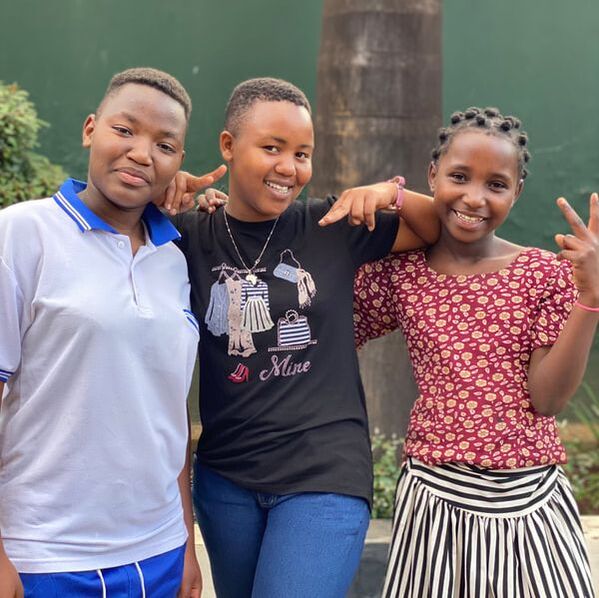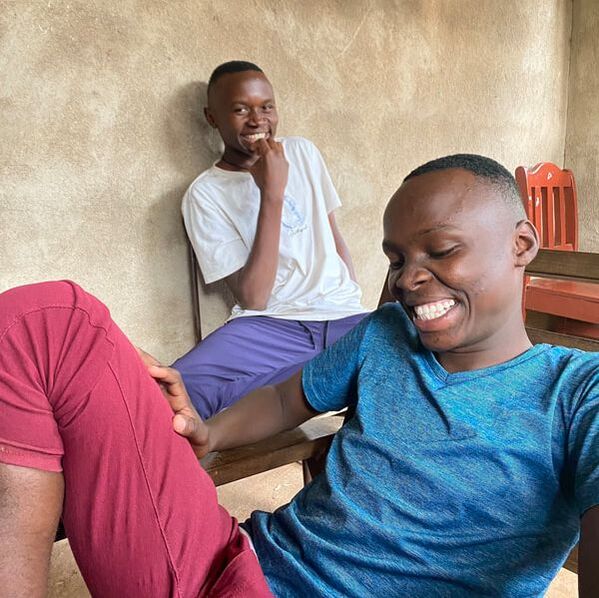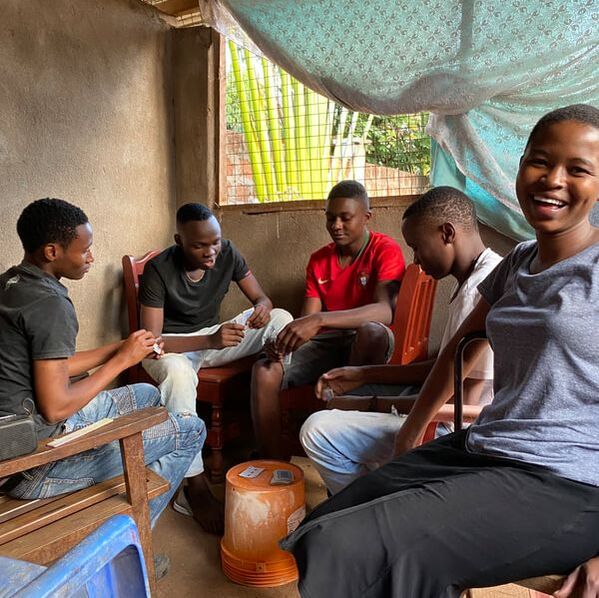1 in 5 children worldwide are not in school.It is estimated that 263 million school-age children around the world — one in five — are not in school. This hinders their mental and physical development. It robs them of a promising future and affects their communities in deep and lasting ways. The scale of the problem is immense. But so is the impact we can have.
Access to schooling and poverty are closely linked, and while the problem is complex, funding education scholarships is a relatively simple and immediate tool to combat it. Since 2011, we've supported our 15 students by nurturing their educational growth and personal well-being. Being in school has changed their lives profoundly for the better and seeing them grow up and thrive has been such a huge privilege. |
Finding schools that fit our kids.
We don't work with just one school. A benefit to keeping our project small is that we can tailor our work to the needs of each student. Some of them attend school near their village to be closer to home, while others are in boarding schools a few hours away. Children don't all learn in the same way, or have the same academic interests, and it's important to us not to generalize how we treat their education journeys. Our older students, for example, started school at a later age (some as old as 9 or 10) and their schooling path has required a different set of supports. Because we are as small as we are, we've been able to cater to their personal circumstance and that's something we're proud of. As more of them begin high school, and as we look ahead to their University years, we'll continue searching for schools that fit their individual needs.
The private schools our kids attend offer reduced class sizes, an English language curriculum, and three healthy meals per day. Most of them attend boarding schools, where they get to build friendships, dedicate more time to their studies, participate in clubs and extra-curricular activities, and receive additional mentoring from teachers and tutors. |
A learning experience.In the summer of 2010, Waka Waka co-founders Regina Guzman and Katie Moorehead worked and lived in the village of Karanga in Tanzania. They formed instant friendships with what would later become the Waka Waka kids and left Tanzania determined to help support their education. The Waka Waka Project was born some months later.
A personal note from Regina and Katie: Having an education project in a foreign country has been a learning journey. We came into this work knowing we were outsiders and have prioritized our relationship with the community we work in, in order to navigate cultural and educational landscapes that we are clearly not experts in. It's been something that requires constant reflection and adjustment. We are deeply committed to our students, to the role that education plays in improving their lives, and to being good listeners, learners, and partners in giving them access to quality schooling. |
